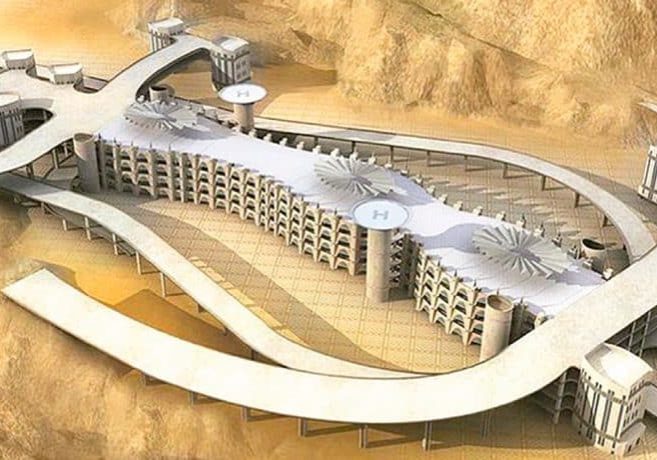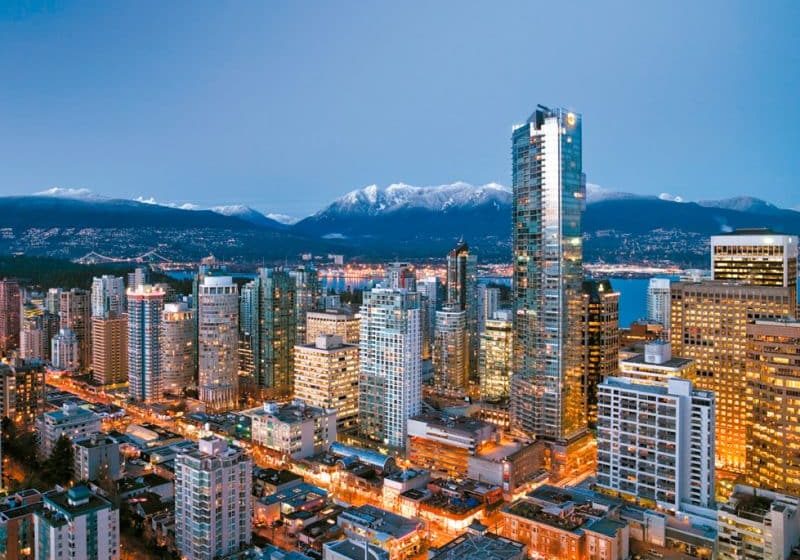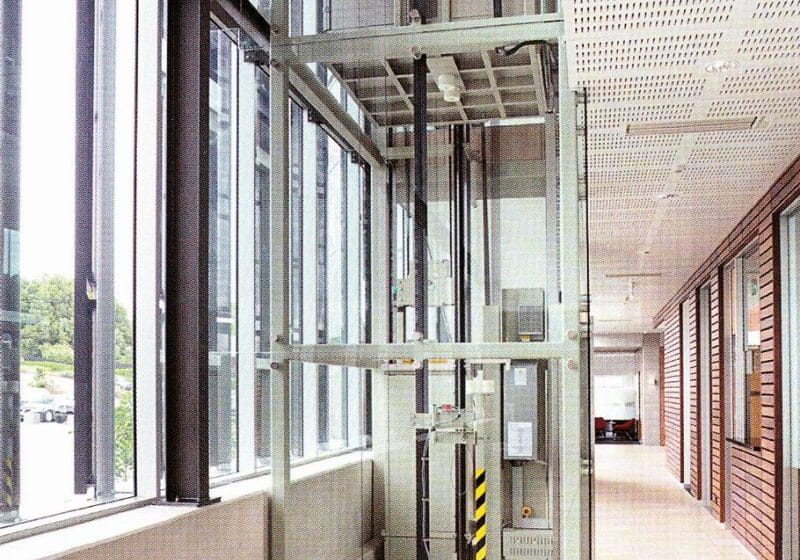Aims and requirements of the code
by Yihui Ruan, Ning Li, and Jianhua Ye
Chinese elevator law is divided into seven parts. Its aims are to safeguard life, limb, property and public welfare by establishing requirements. As partially explained in “China Versus U.S.” (ELEVATOR WORLD, July 2015), parts of this law are quite different from the law used in the U.S. The main highlights are:
- Special-equipment users must be supplied with a special-equipment administrator(s) and corresponding operator(s) who shall be qualified by the local Bureau of Quality and Technical Supervision. Manufacturers and sellers must be supplied with a special equipment tester(s) and operator(s).
- Installation, alteration and repair of elevators must be implemented by the elevator manufacturers or authorized units by the elevator manufacturers (with the authorized units also qualified). If installation, alteration and repair of the elevators are implemented by the authorized units, elevator manufacturers must guide and monitor unit installation, alteration and repair. Elevator manufacturers should be responsible for elevator safety performance.
- The special equipment sold should meet China’s related standards and technical codes for safety: for example, in China, the elevator shall meet the Regulation for Lift Supervisory Inspection and Periodic Inspection: Traction and Positive Drive Lift (TSG T7001-2009) and Safety Rules for the Construction and Installation of Electric Lifts (GB 7588-2003). It is necessary to supply design documents; a guide for installation, usage and maintenance; a report of supervisory inspection; etc.
- When putting their special equipment onto the market, manufacturers shall also supply the above documents and place a data plate, warning signs and their notes in a conspicuous location. The imported special equipment, including elevators, shall not only meet China’s related standards and technical codes for safety, but also, the data plate, warning signs and their notes shall be translated into Chinese. The departments and persons who import special equipment from abroad shall report to the local Bureau of Quality and Technical Supervision.
- After the elevator is supervised and inspected, it shall be inspected every year. The elevators are certified before being put into operation. Elevator manufacturers should make a follow-up survey after their elevators are put into use. If there are any problems on maintenance and safe operation, elevator manufacturers should give improvement advice to the user and maintainer, and offer help. When a check reveals an unsafe and serious condition, they shall notify elevator users and the local Bureau of Quality and Technical Supervision at once.
- The Bureau of Quality and Technical Supervision is responsible for supervising and checking special-equipment manufacturers, sellers, lessors, users, inspections and testing departments.
Conclusion
According to this Special Equipment Safety Law, if violating the law constitutes a crime, the judicial organ shall investigate its criminal responsibility. It is no doubt that the law is of the greatest significance to the safety of the development, use, installation, maintenance and repair of special equipment in China.
Get more of Elevator World. Sign up for our free e-newsletter.








